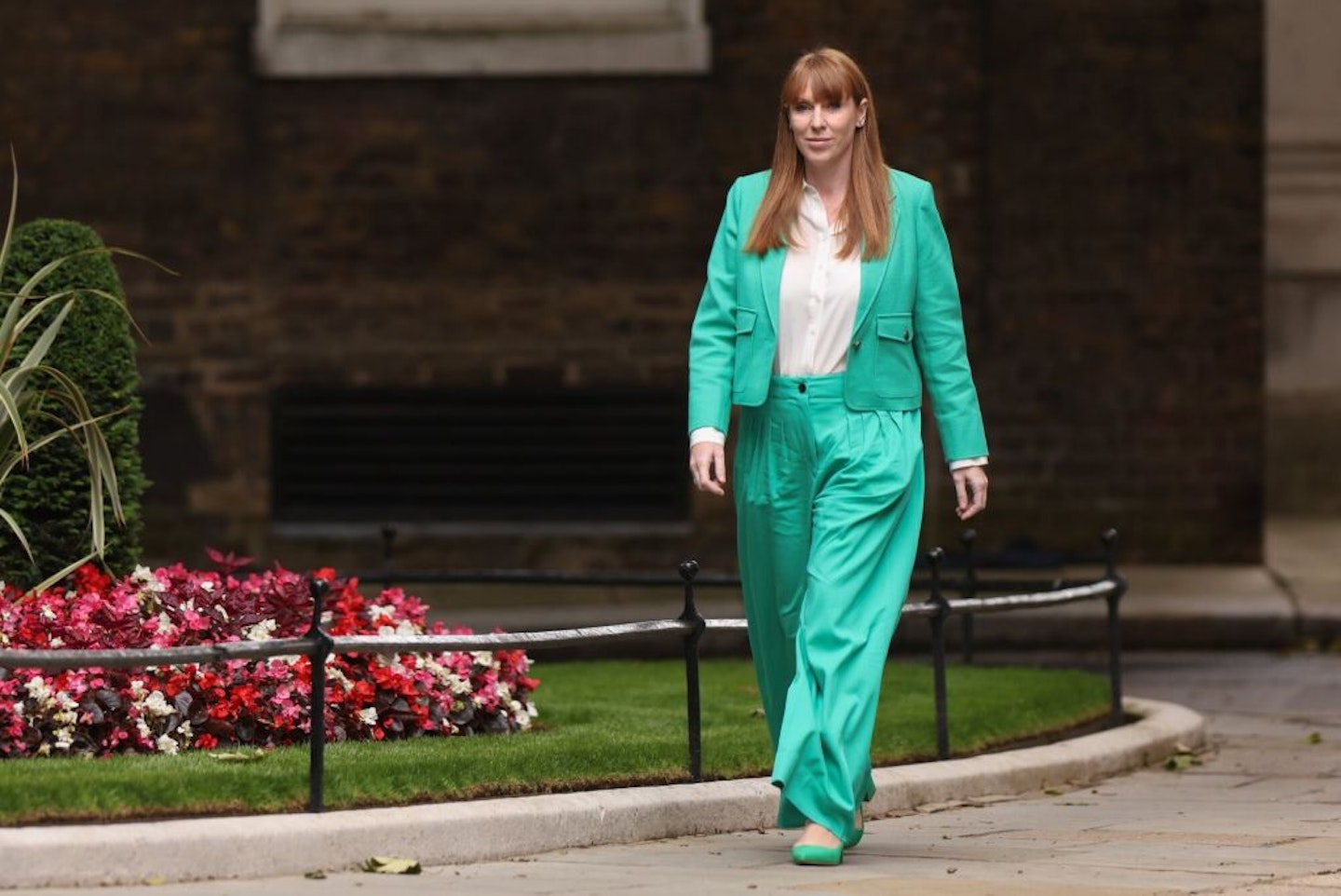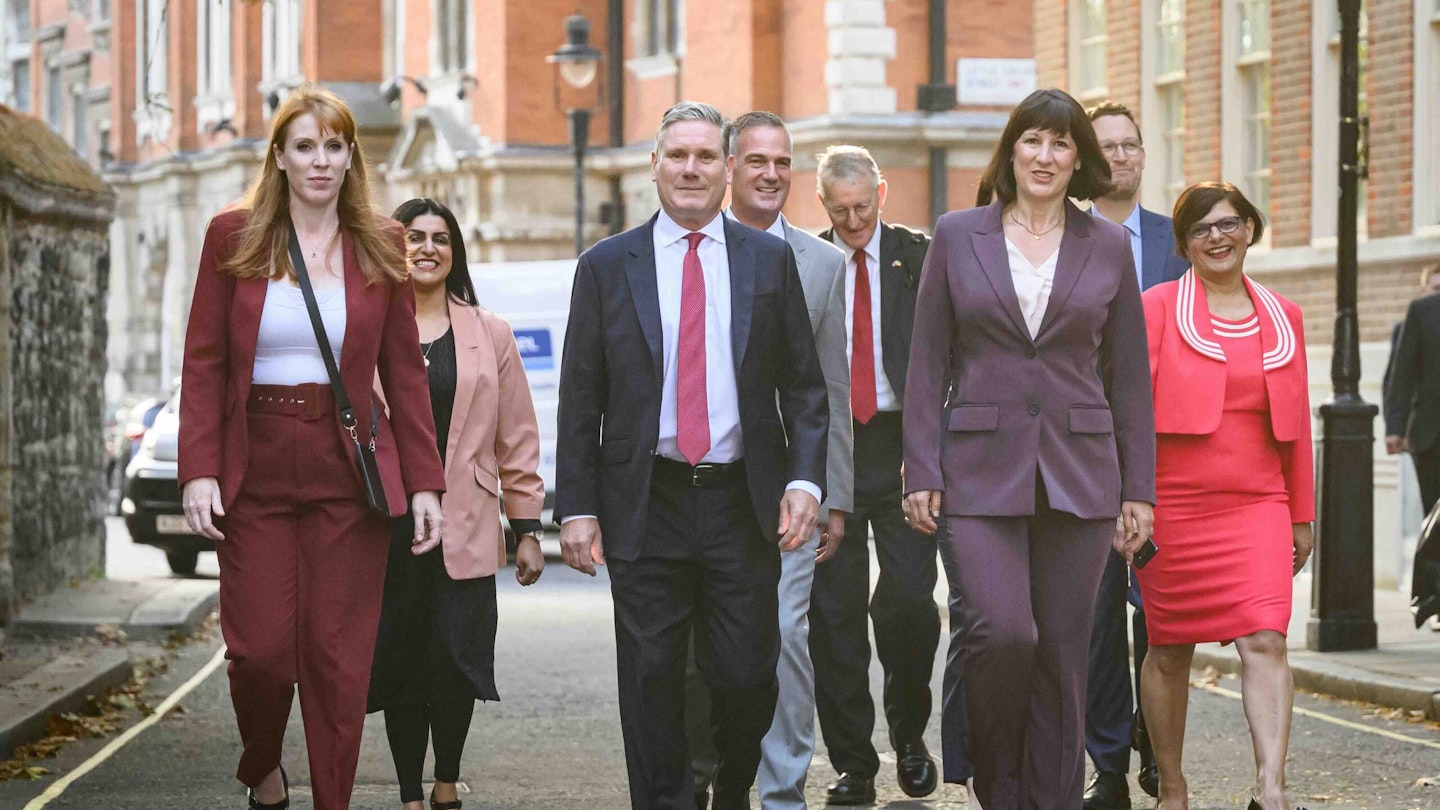For the first time in modern history, Britain’s cabinet has the lowest proportion of privately educated members. After decades of politicians being stereotyped as old Etonians whose school experience does not represent 94% of us (only 6% of Brits actually attend private school) we finally have a cabinet that reflects the vast majority of people in this country.
According to the Sutton Trust, 23 cabinet members were educated at comprehensive (state) schools, although Keir Starmer himself attended a grammar school and transport secretary Louise Haigh attended the private Sheffield High School. Not since 1945 has there been a majority cabinet that was not privately educated, with Sutton Trust chief executive Nick Harrison celebrating Labour’s efforts in ‘smashing the class ceiling’.
‘Now we need to see this cabinet deliver policies that will help tackle the barriers that are stopping many young people getting on in life,’ he said. ‘The government should seize the chance to advance social mobility and bring about a revolution in opportunity for future generations. There will be difficult choices ahead in this challenging economic environment, but delivering tangible change in widening opportunity will be vital to supporting social cohesion and long-term economic growth.’
It's true that even seeing a cabinet that adequately represents most of our school experiences feels powerful. Today, deputy prime minister Angela Rayner has been trending on Twitter for that very reason. Where some have attempted to delegitimise her worth by pointing out her working-class background, countless people have begun defending her online making the point that any adversity she’s dealt with only makes her more capable a leader. That’s not to say attending a state school alone is particularly ‘adverse’, although that’s probably what those who fear Labour’s VAT tax on private schools might think.
When one person attempted to rage-bait some Tweeters by posting a picture of Rayner with the caption ‘Does this really represent the UK?’, one response got over 50,000 likes. ‘A working-class woman having endured difficult circumstances, being pregnant at 16 and leaving school without qualifications, overcoming innumerable obstacles, and bettering her life to become the deputy prime minister, is a remarkable, inspiring story. So yes. She does’

It can often feel as though much of the disdain for working class people in this country comes out through the lens of attacking one specific public person, like Rayner, or through one divisive debate like state versus private school education. Take the reaction to Rayner wearing a £550 Me + Em suit for example, which goes to prove much of the commentary around her is borne from a wilful ignorance around upward social mobility (and as though she wouldn’t have been similarly bashed if she wore fast fashion).
The state versus private school debate feels similar – it rears its head every few years, or days thanks to the election, and while some people have genuine thoughtful commentary around improving the school system, most just use it to spout venomous classism. It’s easy to attack state schools for their results, overcrowding or lack of facilities – but that was most of our realities growing up, and the reality for most parents today who couldn’t afford to send their kids to private school even if they wanted to. Instead of insisting that private schools shouldn’t be taxed more or should be cheaper, which even if they were the vast majority of Brits couldn’t afford, why wouldn’t we focus on investing in the schooling system that most of us have already or will use?
Personally, I can't sit here and say that I wouldn’t have received a better education had I gone to private school. Who knows what my results would’ve been had there been less disruption in my 30+ kid classes or learning from teachers that weren’t overwhelmed and underpaid. Maybe had I been taught Latin in school or been sent on lavish school trips around the world I’d have an extra string to my bow now.
But you know what I do know? That I learned far more about the realities of life than I would’ve in a bubble environment where many people have wealth that the majority of Brits can’t even fathom. I certainly wouldn’t have understood how hard some families have it, how much work and patience are required if you want to succeed in an environment that can sometimes be loud and confusing and overstimulating.
Bullies certainly exist in all walks of life, but I wouldn’t have learned how to overcome the day-to-day difficulties of people with different behavioural challenges, how to be confident in a room that can easily turn disruptive. I wouldn’t have learned how to socialise with all kinds of people, how often those facing the most adversity are the most inspiring. State school gave me a solid enough education to get good A Levels, go to university and get a masters, but it also taught me resilience, patience, empathy, confidence and most of all, that having a certain type of education doesn’t mean you’re more or less valuable than anyone.
Often, state school attendees are defensive of their education because (some of) those who went to private school wear it like a badge of honour – our education is demeaned and belittled as though it somehow makes us worth less to the world. And we know better than that. Frankly, seeing a cabinet full of state educated people makes me hopeful that beyond learning all of the above, they’ll also know that the school you went to growing up doesn’t define the person you are now – that’s something I’m not sure the legacy Etonians could ever truly understand, and look where that led us. We saw it translated into policies were dealing with adversity in life was cast aside and excluded from society with zero empathy, maybe now that will change.
